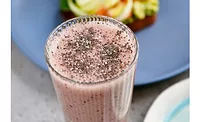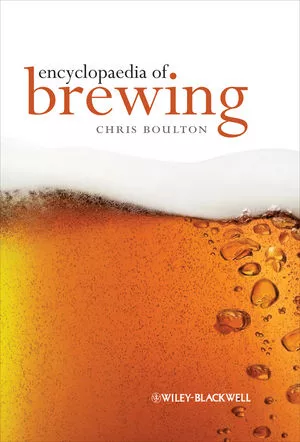Research shows sugar reduction important to consumers
Innova Market Research finds natural sweeteners contributing to growth
Whether it’s upcoming New Year’s resolutions or part of a lifestyle change, it seems as though sugar reduction is a popular topic for consumers. In a November press release, Innova Market Insights identified the prominence this trend has gained.
“In an Innova Market Insights survey, sugar reduction is a popular option for the three in five U.S. consumers in an Innova Market Insights survey who would rather cut back on sugar than consume artificial sweeteners,” the market research firm states. “Sugar-related claims continue to grow and increasingly take on more prominent on-pack positionings.”
For instance, Innova found that 8 percent of all new food and beverage launches in the United States in 2018 featured a sugar-reduction claim. Additionally, no added sugar accounted for 42 percent of sugar-related claims, followed by sugar-free (36 percent) and low sugar (27 percent), Innova reports.
“Although the low-sugar claim is smallest in terms of its share of launches, it is also the fastest-growing with a [new product development compound annual growth rate] (NPD CAGR) of 17 percent over the 2014 to 2018 period,” Innova states.
A look at some of the New Products posted on bevindustry.com supports the data relating to low sugar. For example, STōK Cold Brew, a brand of Danone North America, launched Oatmilk Latte and Almondmilk Mocha varieties earlier this year. Both packages contain verbiage near the bottleneck that states “Not too sweet.” Meanwhile, Tampico Beverage launched Tampico ZERO Sugar, a juice drink alternative for those looking to limit their sugar intake, the company states. The sugar-free beverages feature a sweetener profile of sucralose, acesulfame potassium and neotame, all non-nutritive artificial sweeteners.
Innova details that non-nutritive sweeteners as well as processing methods are among the ways that brand owners are addressing sugar reduction. Yet, it seems the sweetener solutions from plants and fruits are contributing to the growth, such as stevia, monk fruit and thaumatin, according to the market research firm. Allulose is another sweetener solution gaining steam.
“The April 2019 announcement by the FDA that allulose did not have to be included in total and added sugar counts in U.S. nutritional labeling has also cleared the way for much higher levels of use and a potential [to] move mainstream,” Innova states. “Levels of patent activity indicate current interest in the use of allulose rising 42 percent in 2018 over 2017, while global NPD in food and beverages featuring the ingredient had an average annual growth of 45 percent over the 2014 to 2018 period, although from a low base.”
Ingredient suppliers already are in a position to fulfill beverage-makers’ request when it comes to allulose. Ingredion, in partnership with Matsutani Chemical Industry Co. Ltd., introduced ASTRAEA Allulose. Meanwhile, Icon Foods launched its KetoseSweet portfolio in 2018. The line features allulose as well as allulose blended with other natural sweeteners. Tate & Lyle actually announced its allulose solution, Dolcia Prima, nearly five years ago and was among the supporters appealing to the FDA to have allulose excluded from the total and added sugar counts.
With so many sweetener innovations, I think we can expect sugar reduction claims to be a key factor in new product development for 2020.
Looking for a reprint of this article?
From high-res PDFs to custom plaques, order your copy today!






